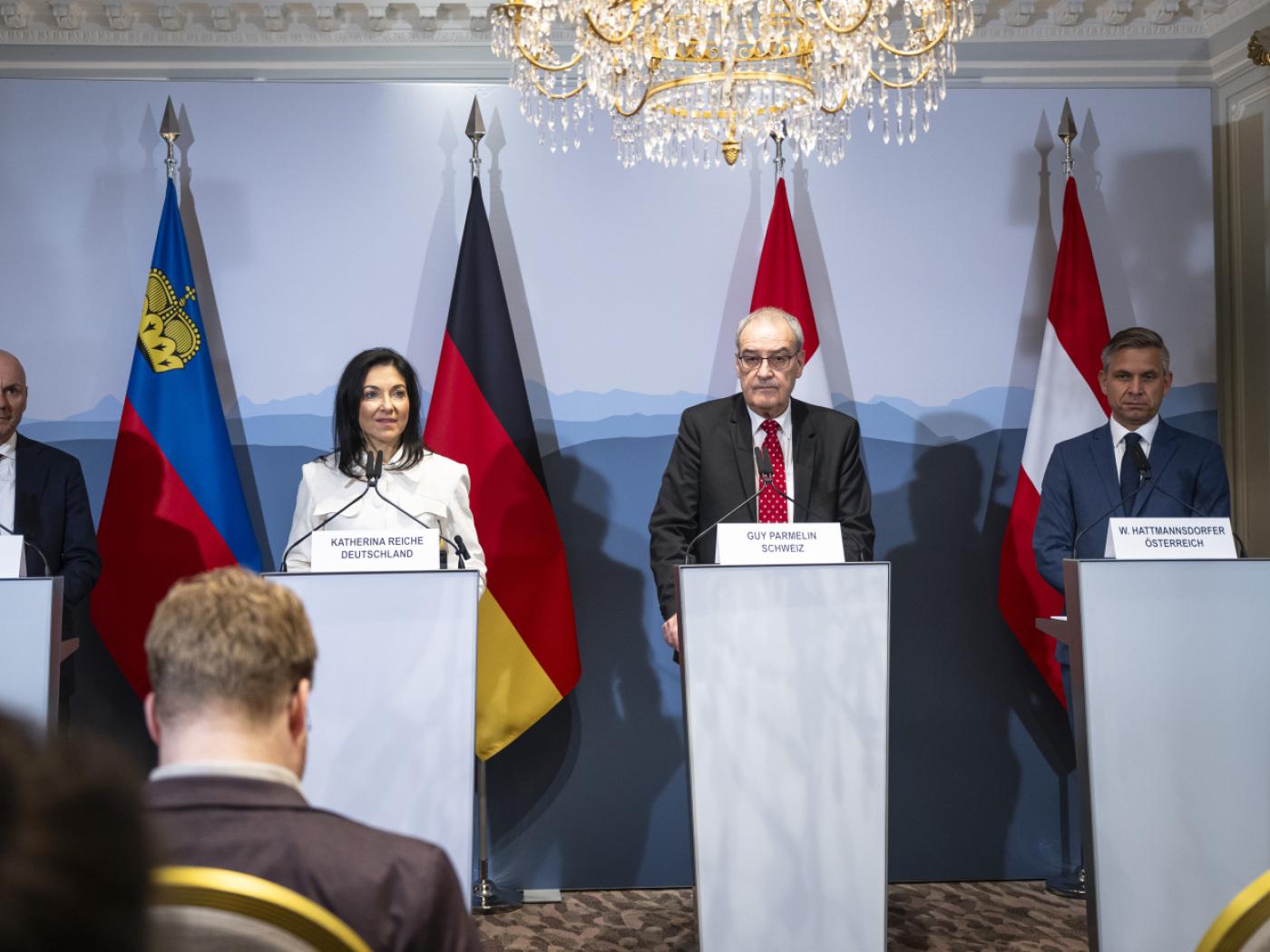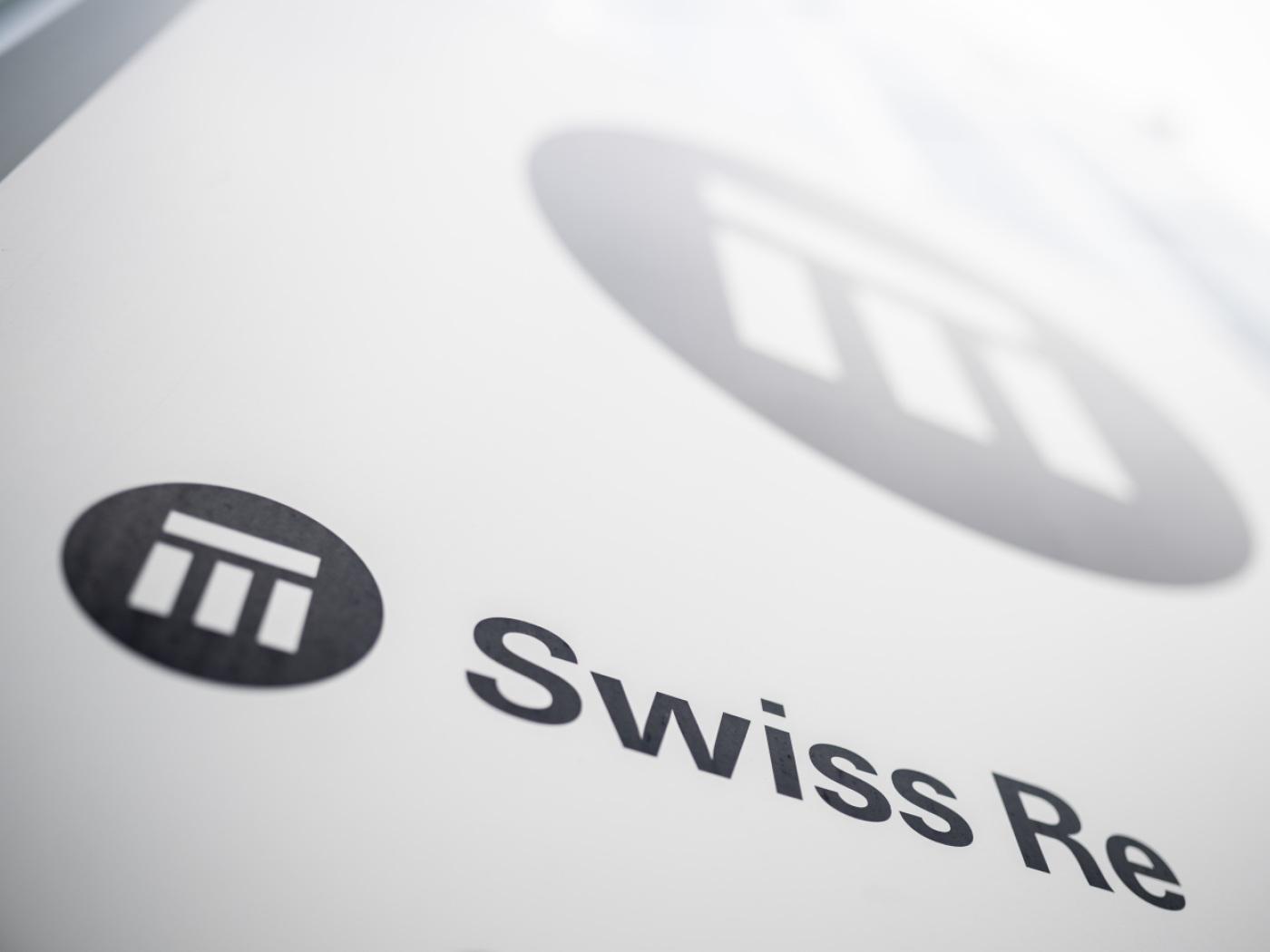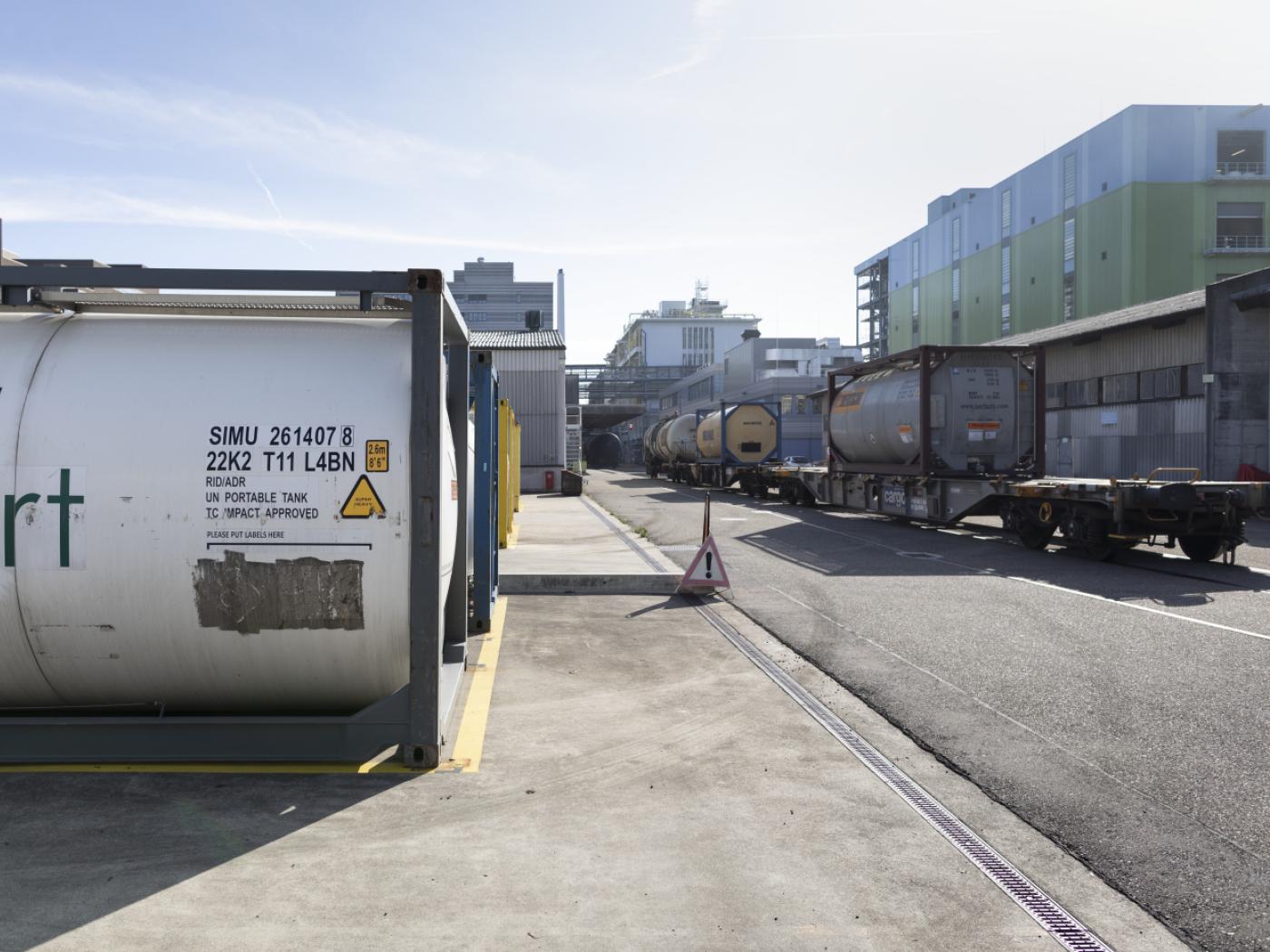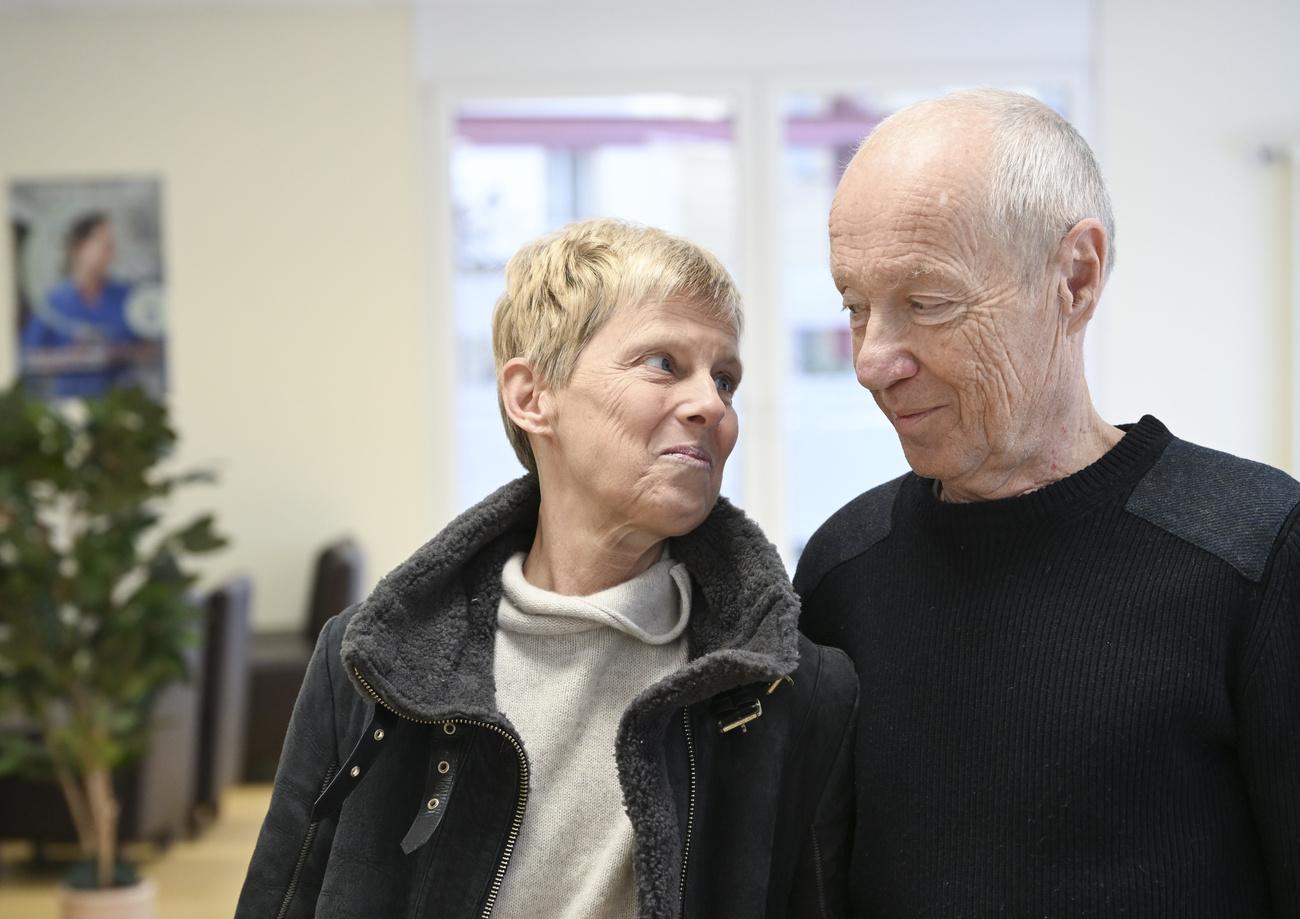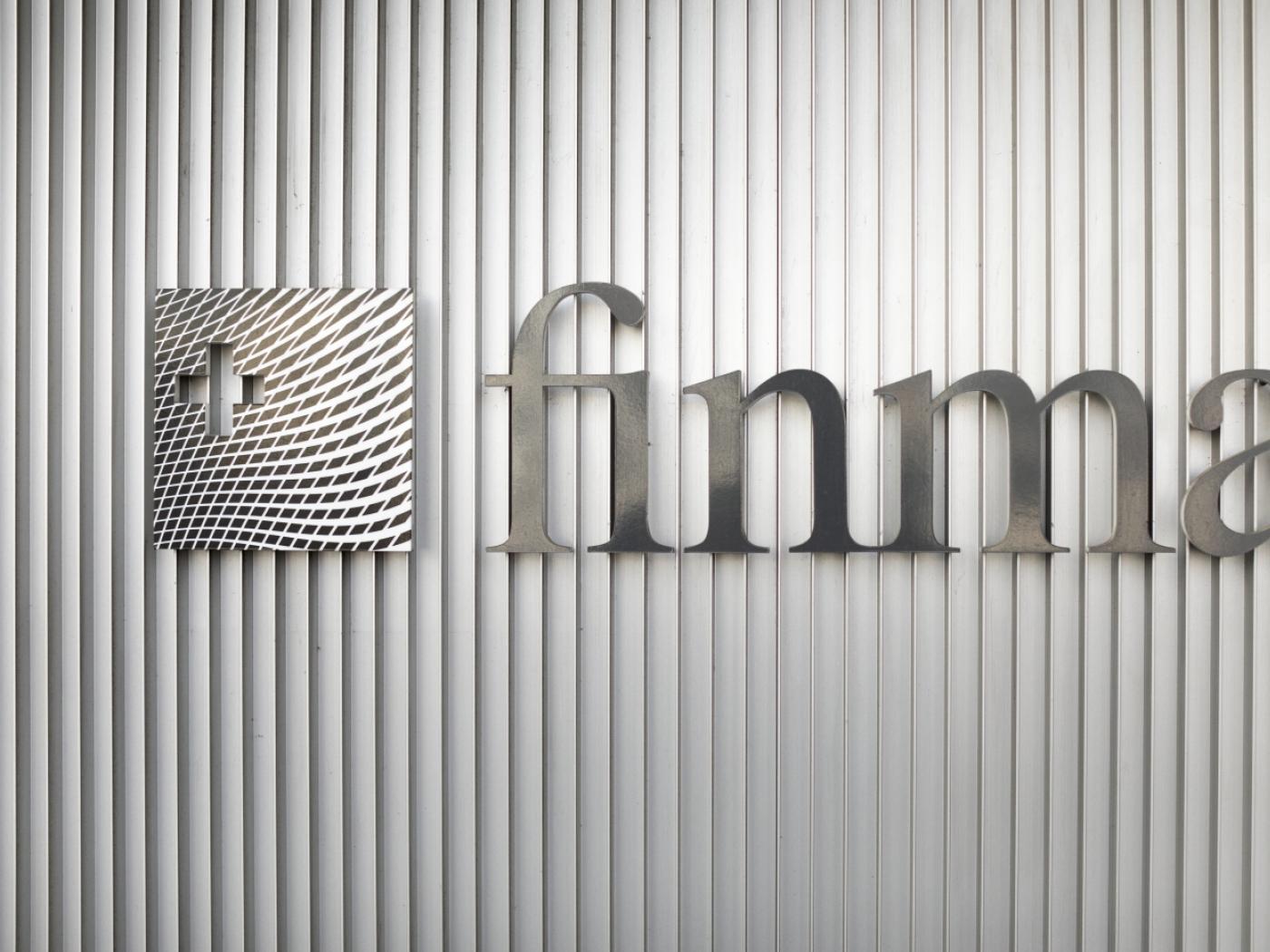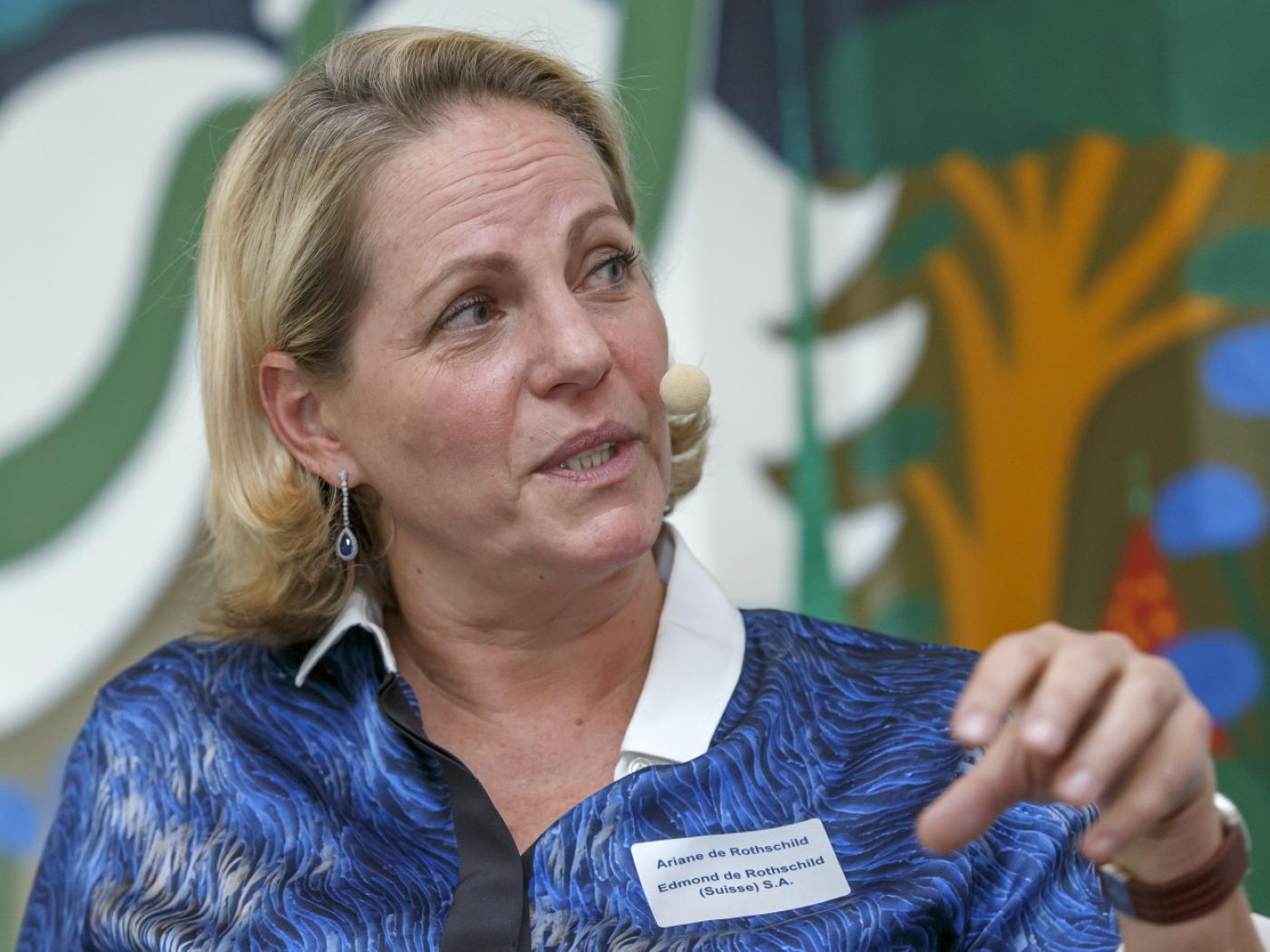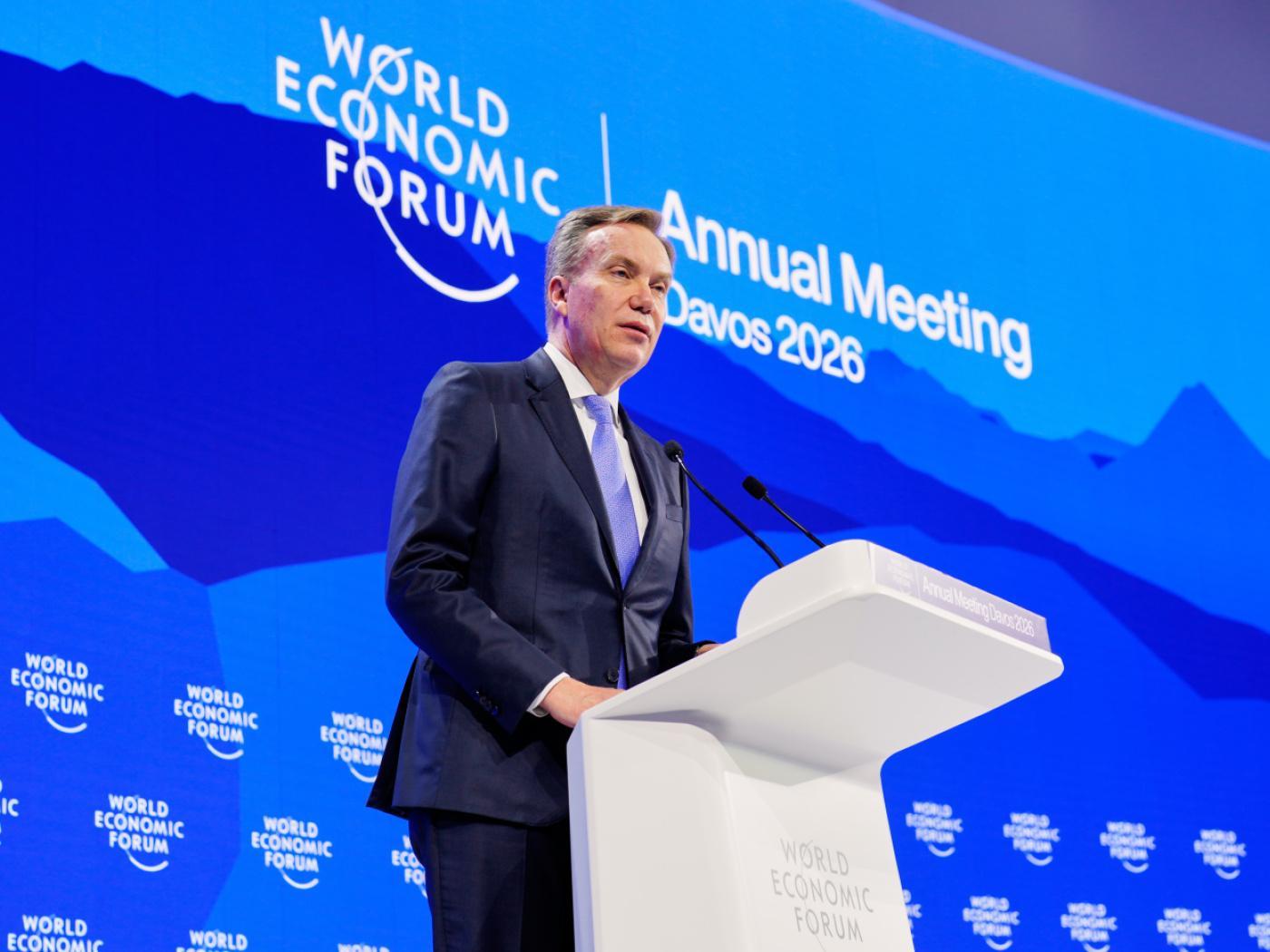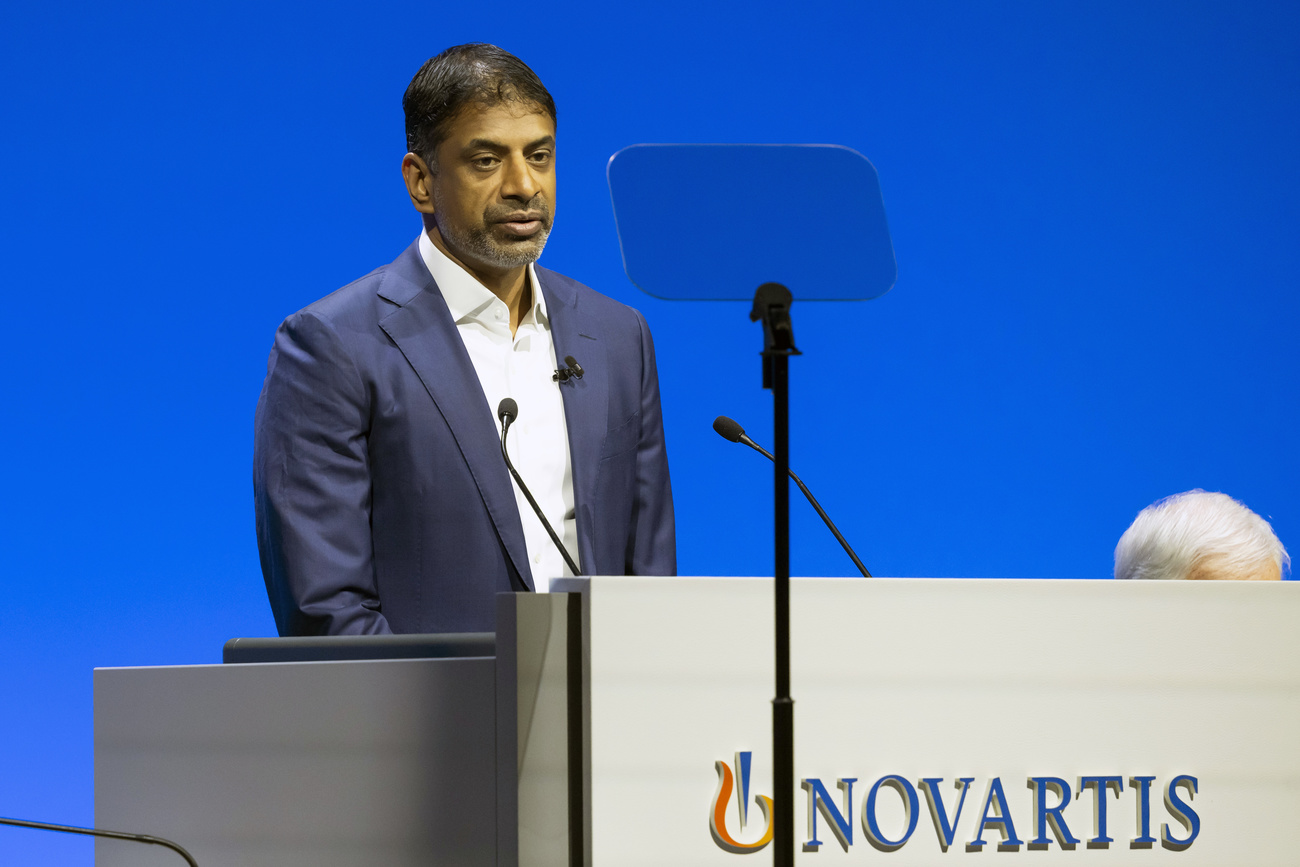
Novartis CEO Vas Narasimhan saw his pay nearly double over the last year. KEYSTONE/© KEYSTONE / GEORGIOS KEFALAS
Swiss CEOs are some of the best paid in Europe but compared to peers in the United States, their salaries look modest. Some in the Swiss pharmaceutical industry see this as a problem.
This week Novartis shareholders approved a CHF16.2 million ($18.8 million) pay package for CEO Vas Narasimhan. This is nearly double his compensation in 2022, making him one of the best paid CEOs in Europe.
This still pales in comparison to what CEOs at some of the biggest US companies rake in annually. The ten highest paidExternal link CEOs in the US, including Sundar Pichai of Alphabet and Tim Cook of Apple, each brought home at least $90 million last year.
External Content
“We see real excesses in the US. We try to find a balance between what is considered to be acceptable and what is being paid out in the rest of the world,” Novartis board chair Joerg Reinhardt told shareholders in Basel on Tuesday. “We have to offer competitive packages on an international scale because we want to have the best people working for us.”
This balancing act has been a constant theme for Swiss pharmaceutical companies, especially for Novartis, which is one of the few big Swiss companies that has had American nationals at the helm. Narasimhan was born in Pittsburgh and spent most of his career in the US before taking up the CEO job in Basel in 2018.
Narasimhan’s latest compensation puts him closer to US peers. Among the largest 15 pharma companies – ten of which are based in the US – CEO compensation averages around CHF16 million ($18 million). Albert Bourla, chief executive of US-based Pfizer, raked in $33 million last year.
“The expectations in Europe are different than they are in the US,” Vincent Kaufmann, the director at sustainable investment firm Ethos Foundation, which counts many pension funds among its clients, told SWI swissinfo.ch. “Shareholders in the US don’t question compensation the same way we do in Europe.”
Justifying the pay
Kaufmann was one of the few people who spoke out against the Novartis CEO compensation proposal at the annual meeting on March 5. Narasimhan’s remuneration is a combination of a base salary, which increased slightly from 2022 to CHF1.82 million, and variable pay, which is based largely on financial performance and some sustainability and innovation criteria.
According to the annual report, the company was “significantly above” the board’s targets for sales, operating income and free cash flow for 2023. Novartis recorded a 10% increase in sales reaching $45 billion and net income of $8.6 billion, higher than some US peers. The company also scored 22 drug approvals in the US, Europe, China and Japan.
“We believe our compensation system is suitable to reflect these levels of performance,” Reinhardt told shareholders. “Sometimes you earn less, sometimes you earn more.” In 2022, Narasimhan’s compensation was slashed by 61% after two years of turbulent financial performance.
Even with the solid financial results in 2023, Kaufmann argued that “variable compensation is rising far too quickly and isn’t justifiable”. It stood at 7.7 times the base pay and the Novartis board has proposed to further increase the maximum bonus potential to 11 times the base salary as of 2024.
Novartis also wasn’t the top performing pharma company in Europe. Danish drugmaker Novo Nordisk saw sales soar 36% in 2023 thanks to demand for its anti-obesity drugs Wegovy and Ozempic. The company’s shares hit a record high, pushing its market value past $500 billion earlier this year and making it Europe’s most valuable company.
Novo Nordisk chief Lars Fruergaard Jørgensen saw his pay rise 13% to 68.2 million Danish kroner (around $9.9 million), a little less than half Narasimhan’s annual pay.
External Content
Widening the gap
As Novartis tries to keep up with US peers, the company can’t ignore public perception.
According to estimates by the shareholder group Actares, Narasimhan earns 160 timesExternal link more than the average Novartis employee. A study conducted by the Swiss trade union UNIA last year found that the company isn’t alone. The wage gap has widened at the ten largest Swiss companies over the last decade.
External Content
The announcement of a pay raise for Narasimhan also came at a less than ideal time for some of the company’s employees in Switzerland. Novartis just underwent major restructuring, including spinning off its generics division Sandoz in October, turning Novartis into a so-called “pure play” company focused on new, on-patent treatments.
This led to major job losses. In 2022, the company said it was shedding 8,000 jobs out of about 108,000 over the next three years. Around 1,400 of those jobs were in Switzerland, which is about 10% of the workforce. This was on top of 2,000 jobs that were cut in the country four years prior.
More
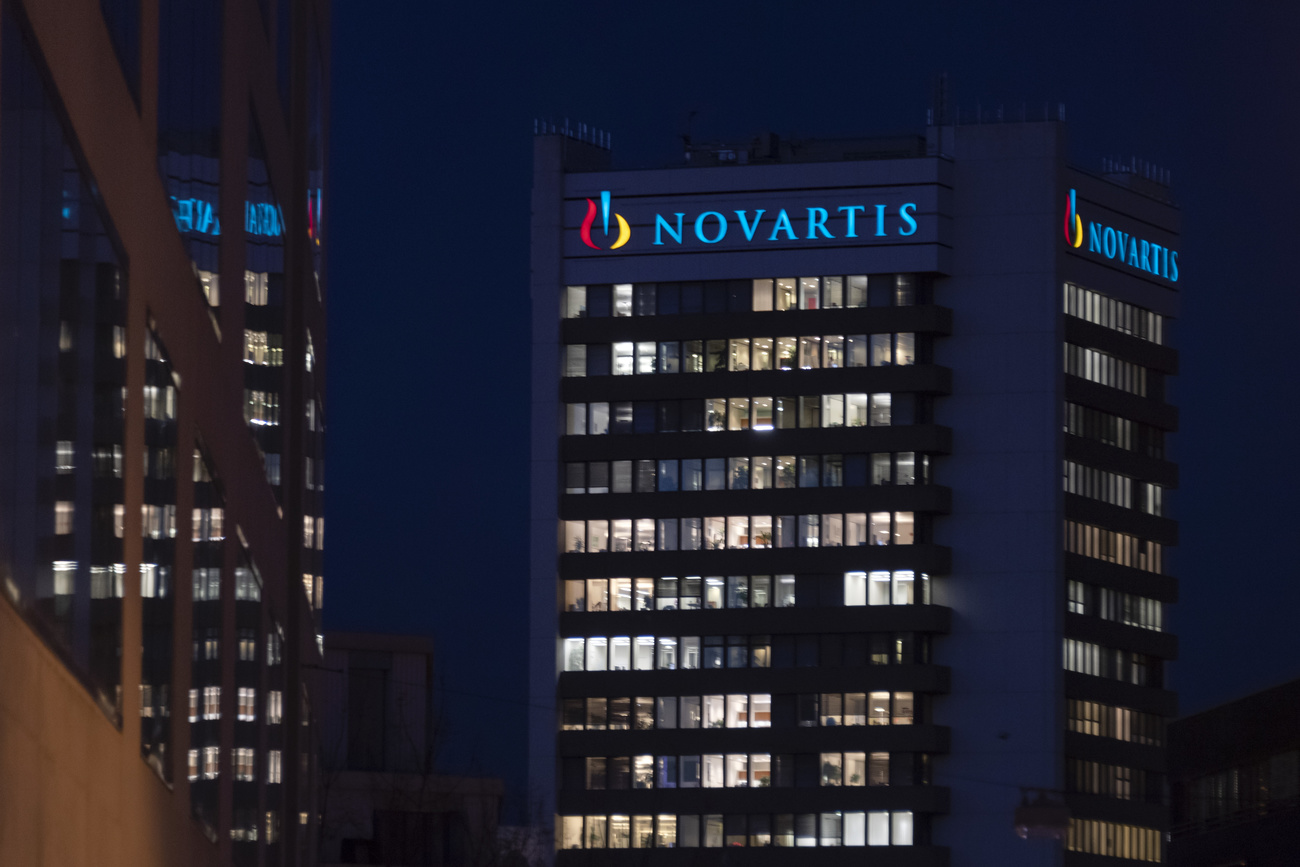
Big payouts are also a highly sensitive topic with the Swiss public. In 2013, Swiss voters backed the so-called Minder initiative, which granted shareholders a veto right over the salaries of top managers and board members of listed companies. It also banned various types of bonuses, such as “golden parachute” severance agreements.
The vote came right after the public learned that the Novartis CEO at the time, Daniel Vasella, was due to receive a severance package worth CHF72 million ($77 million). Former Credit Suisse chief executive, Brady Dougan, a US citizen, who received CHF90 million in 2010 alone under two payment plans, also contributed to the public outcry over “fat cat” salaries.
Although attempts to cap executive pay have so far been rejected by Swiss voters, it remains a hot button issue.
Risky strategy
As a major economic engine in Switzerland with a large international workforce, the pharma industry faces a more delicate tightrope walk than perhaps any industry in the country.
Switzerland has some of the highest salaries in the world, which has been a key selling point for talent from abroad. However, headhunters argue that when it comes to the top brass, especially in industries like pharma and finance that are global players, it is hard to compete with US firms.
“We are in global competition for the best talent in the world,” said Stephan Suber, who heads Page Executive Switzerland, an executive recruitment agency. “You will never see a salary of a Goldman Sachs in Switzerland. But we need to reward performance so we can keep top executives.”
Using the US as a salary model is a risky proposition. Public backlash against excessive salaries is growing in the US. There’s also growing evidence that extreme pay gaps between CEOs and workers can reduce employee morale and productivity. One recent study found that CEOs at the 350 largest publicly owned firms in the USExternal link were paid 344 times as much as a typical worker in 2022, up from an average pay ratio of 21 to 1 in 1965.
“I’m still convinced you will find a good CEO for a Swiss company without such big pay,” said Kaufmann. “Remuneration should not be the source of retention, otherwise you attract people focused on short term value creation with the risk they only look out for their own interests.”
Edited by Marc Leutenegger/sb
Full story here Are you the author? Previous post See more for Next postTags: Featured,newsletter




















